Aug 04 (V7N/Reuters) – The rise of artificial intelligence in music production has led to a series of legal disputes that are testing the boundaries of copyright law. Country musician Tift Merritt recently highlighted these issues after an AI music service, Udio, produced a song reminiscent of her style. Merritt criticized the AI-generated track as "stealing" and "not transformative," expressing concern over the potential for AI to undermine human creativity.
Merritt is not alone in her apprehension. In April, she joined other high-profile artists like Billie Eilish, Nicki Minaj, and Stevie Wonder in an open letter expressing concerns that AI-generated music could "sabotage creativity" and displace human artists. Major record labels, including Sony Music, Universal Music Group, and Warner Music, have responded with lawsuits against AI companies Udio and Suno. These lawsuits mark a significant moment in the music industry’s ongoing struggle with AI-generated content.
The lawsuits allege that Suno and Udio have used copyrighted material from artists like Mariah Carey and James Brown to train their AI systems, allowing the creation of music that mimics these artists' styles and voices. Both companies have denied copyright violations, arguing that their technology is comparable to past innovations, such as synthesizers and drum machines, which faced similar criticisms.
Mitch Glazier, CEO of the Recording Industry Association of America (RIAA), condemned the AI companies' practices, stating that they involve "shameless copying" of copyrighted recordings. He emphasized the need for AI technology to be developed on a "sound, responsible, licensed footing."
The lawsuits are unfolding at a time when similar legal battles are being waged over AI-generated text by chatbots like OpenAI's ChatGPT. Both types of cases present novel questions about copyright law, particularly concerning "fair use" – the legal doctrine that allows limited use of copyrighted material without permission.
Suno and Udio argue that their use of existing recordings for AI training constitutes fair use, asserting that their technology helps create new and transformative works. However, legal experts suggest that proving fair use in the context of music might be more challenging than in text-based cases.
Brian McBrearty, a musicologist specializing in copyright analysis, notes that music’s complexity – involving elements like pitch, rhythm, and harmony – makes it difficult to determine when copyright infringement occurs. The recent Supreme Court ruling on fair use, which focused on whether new uses have the same commercial purpose as original works, could influence these cases.
Julie Albert, an intellectual property lawyer, believes that the outcome of these lawsuits could have significant implications for both the music industry and the broader AI sector. She warns that the purpose behind using AI to replicate existing music is closely aligned with the original artistic intent, potentially complicating fair use arguments.
As the legal battles continue, artists like Merritt fear that AI could undermine their livelihoods by producing imitations of their work without compensating them. "Robots and AI do not get royalties," Merritt said, highlighting the economic concerns at the heart of the debate.
END/WED/RH/



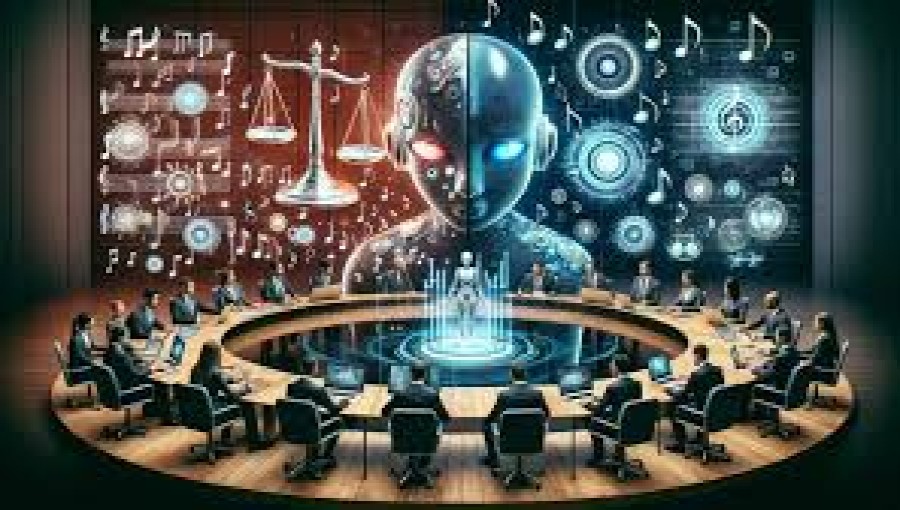



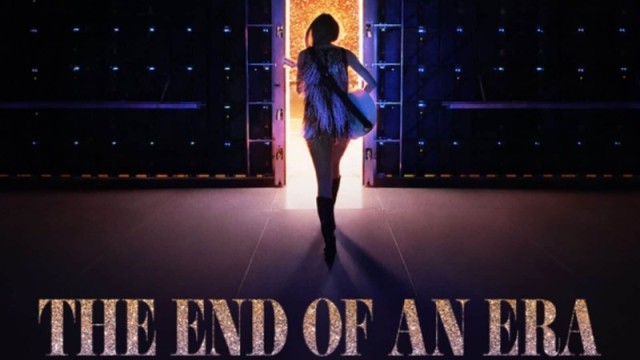
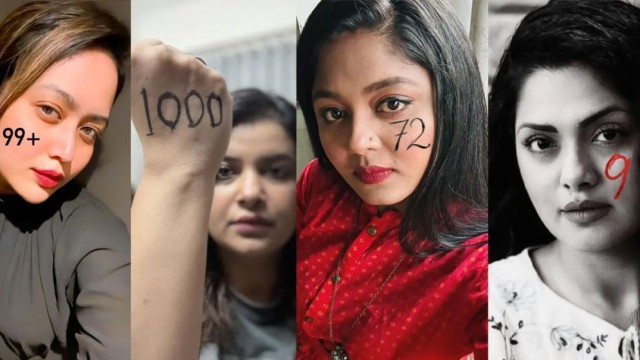

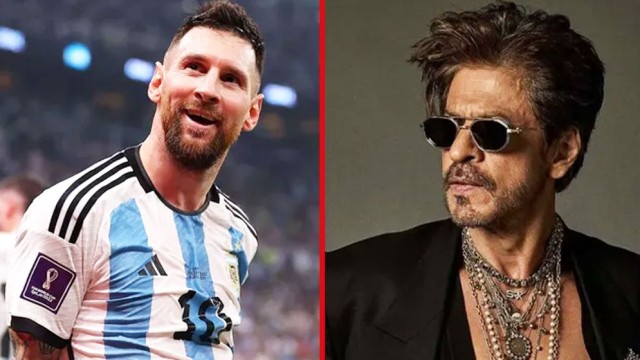
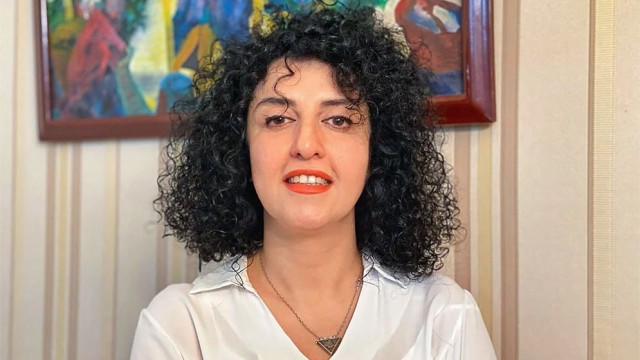



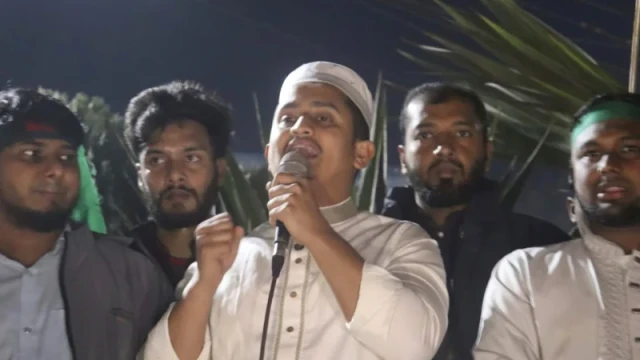



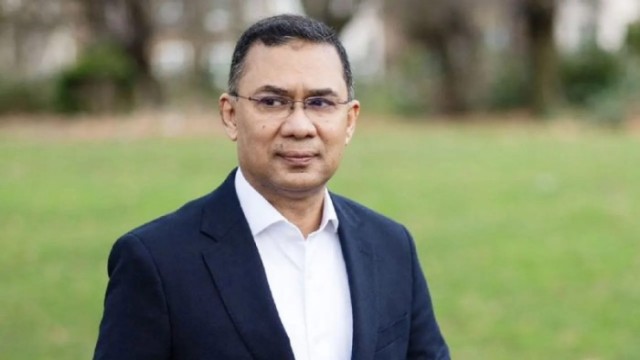






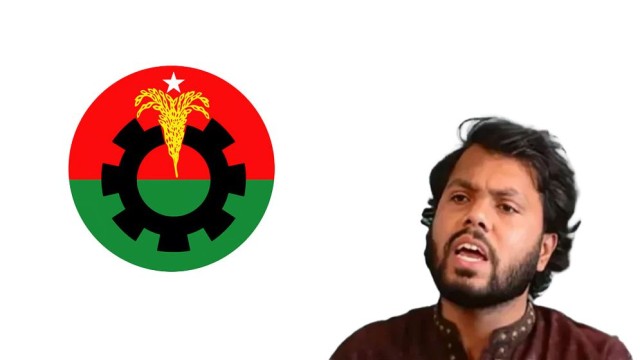



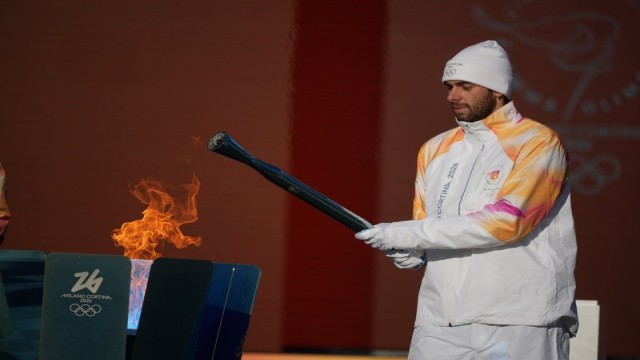
Comment: